Astro-tourism is one of Colorado’s fastest-growing travel trends. People from near and far seek out destinations in the Rocky Mountain state for their amazing stargazing opportunities.
Nearly all humans, regardless of their background, are fascinated when they look up at the night sky. The problem is that millions of Americans – 99% of us, according to DarkSky International – deal with varying degrees of light pollution. This prevents us from seeing the stars the way our ancestors used to, a mere 100 years ago.
But it’s not all doom and gloom, especially for Coloradoans. It turns out that Colorado is home to 12 DarkSky International-certified parks and six DarkSky International communities. There are also 12 more Colorado state parks that are vying for DarkSky International certifications this year.
In short, people of all backgrounds are falling in love with the night sky again—and it’s happening fast. Dark sky tourism, also known as astro-tourism, is an adventure travel trend that’s lighting up local Colorado economies, filling campsites, and giving families a reason to reconnect under the stars.
For us at Sky View Tents, it’s personal. We’re based in Buena Vista, and we design stargazing tents for people who crave crisp night air and a cosmic night show. It’s part of our DNA to support dark sky initiatives, which is why we are watching the growth in Colorado’s dark sky tourism industry with particular interest.
We believe that this is more than just a passing travel fad. Entrepreneurial Colorodans are joining the State of Colorado and the National Park system to create an economy that continues improving the quality of our night skies in the state. Here is a bit more detail on how we got here and why Colorado stands to reap the benefits of dark sky tourism more than most other states in the U.S.
The Pandemic Sparked a Wave of Outdoor Exploration
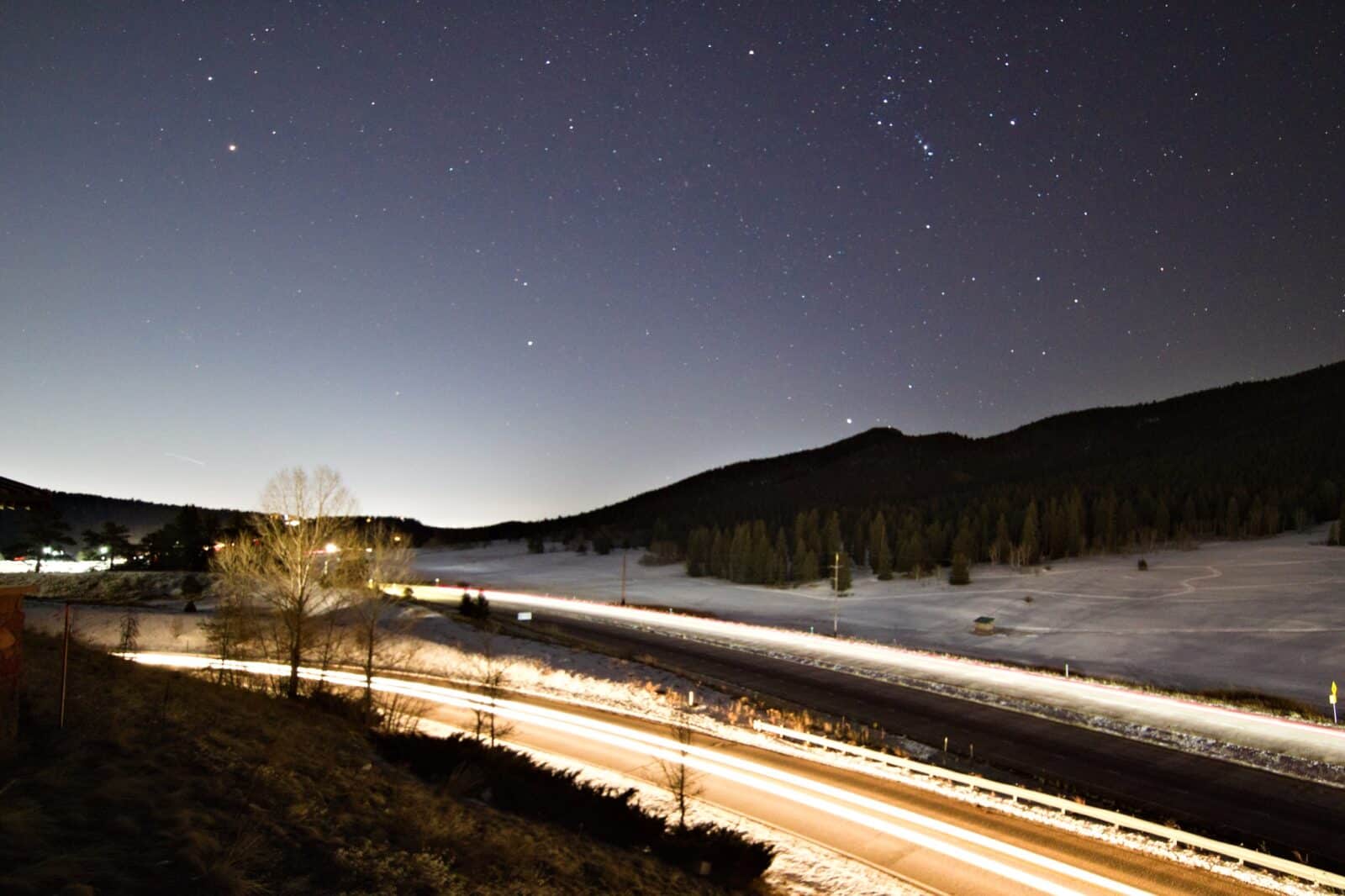
Back in 2020, when indoor gatherings were canceled and screen time spiked, millions of Americans started to embrace the great outdoors. It was one of the only ways to escape the monotony of staying at home 24/7 for months at a time.
RV and travel trailer sales hit record highs. Tent manufacturers couldn’t keep up with demand. The Kampgrounds of America (KOA) 2023 North American Camping Report noted a 28% increase in camping participation over pre-pandemic levels. Families, solo travelers, and weekend warriors hit the road looking for open space, fresh air, and a sense of freedom they felt they had lost during the pandemic.
That hunger for the outdoors hasn’t faded, although it has evolved. Now, more than ever, it’s leading people to discover the night sky.
Chasing the Cosmos: Rise of the Dark Sky Economy
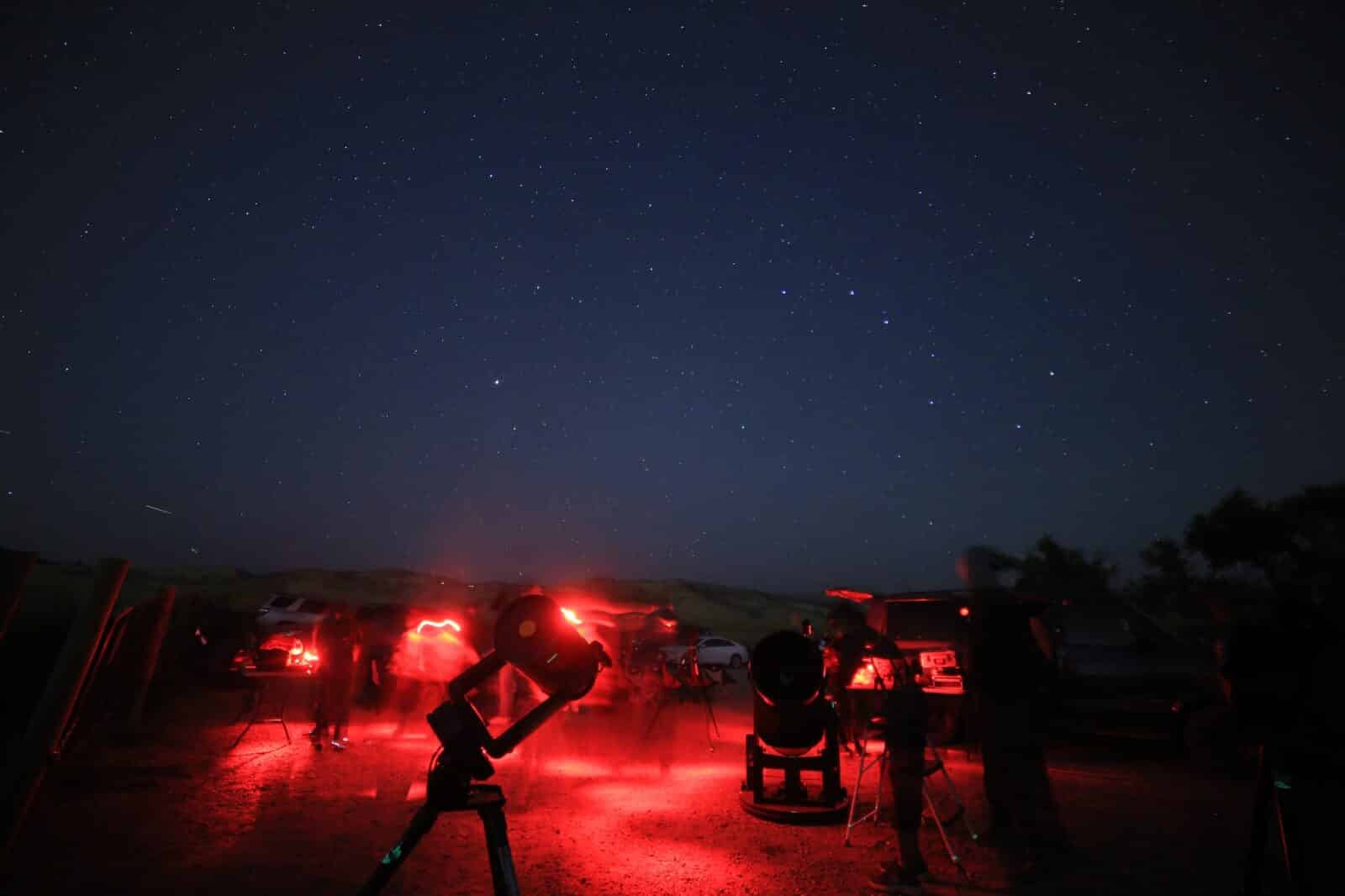
Today, over 80% of the world’s population lives under light-polluted skies. In the U.S., that number jumps to 99% of the population dealing with some form of light pollution. For many, a truly dark sky where the Milky Way stretches across the sky and meteor showers dazzle without competition from city lights has become a truly once-in-a-lifetime experience.
That rarity has created demand. From the Black Canyon of the Gunnison to small towns across Colorado, communities are embracing dark sky certification, adding stargazing tours, and hosting astronomy festivals. Companies specializing in dark sky experiences are also popping up. Astro-friendly hotels, astrophotography tours, and rafting excursions with night-sky camping – a whole new wave of dark-sky inspired businesses have taken root.
According to Booking.com’s 2024 trends report, over 60% of global travelers now say they are seeking nighttime-based experiences as part of their vacation planning. Dark sky adventures aren’t just a niche—they’re part of the new mainstream. Best of all, Colorado is at the forefront of this movement, building out one of the largest dark sky economies in the U.S.
Stargazing Is Good for Your Brain and Your Bonds
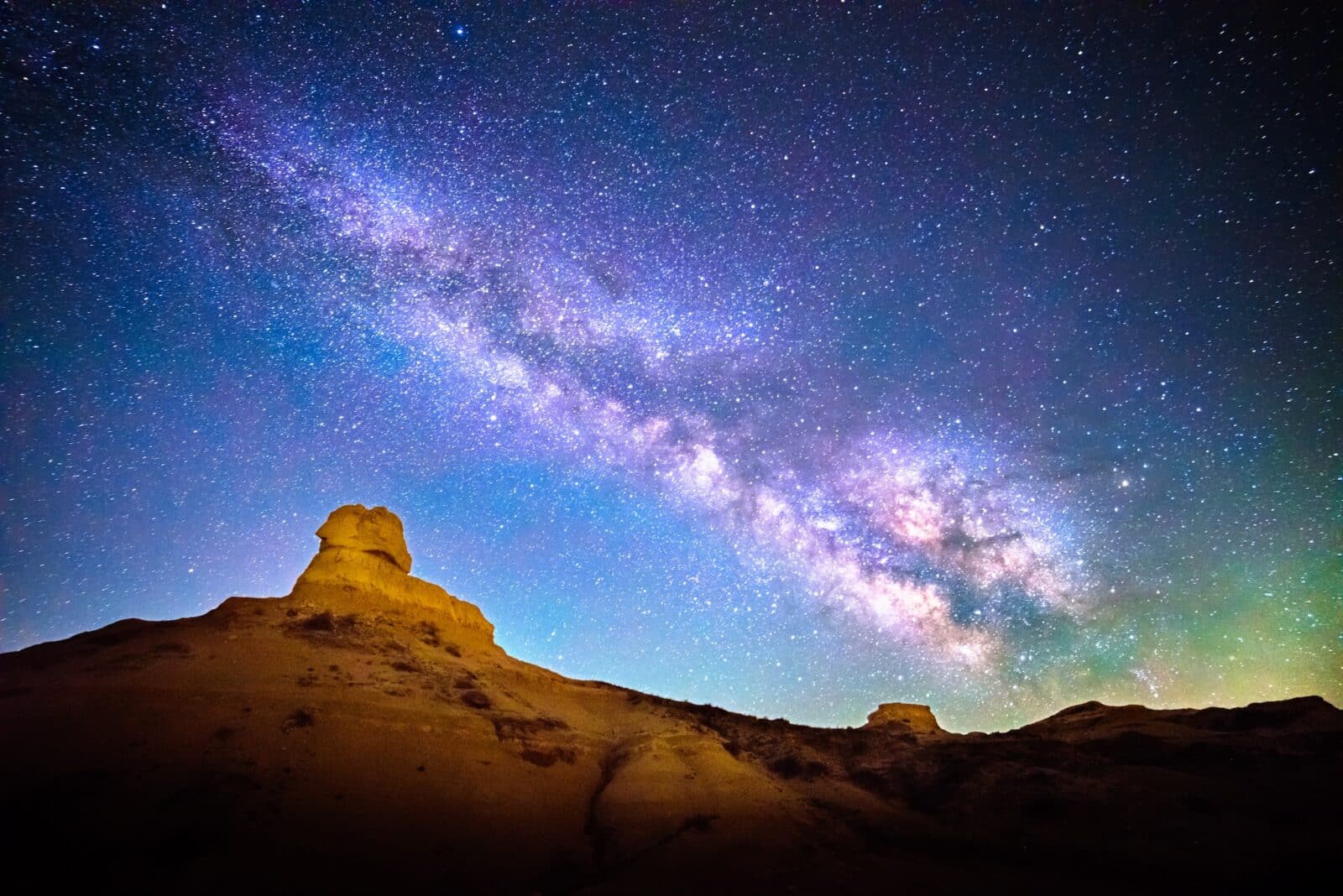
Beyond the wow factor, there’s a growing body of research showing that exposure to natural darkness benefits our physical and mental health.
Looking at stars promotes mindfulness. The absence of artificial light helps regulate sleep cycles. And the sheer scale of the cosmos gives us perspective that shrinks our daily worries.
Families who stargaze together connect in powerful ways—sharing awe, asking questions, telling stories, and creating memories that outlast any vacation slideshow. It’s no wonder so many families are planning their camping trips around dark sky parks and events.
Economic Case for Promoting Colorado’s Dark Sky Certifications
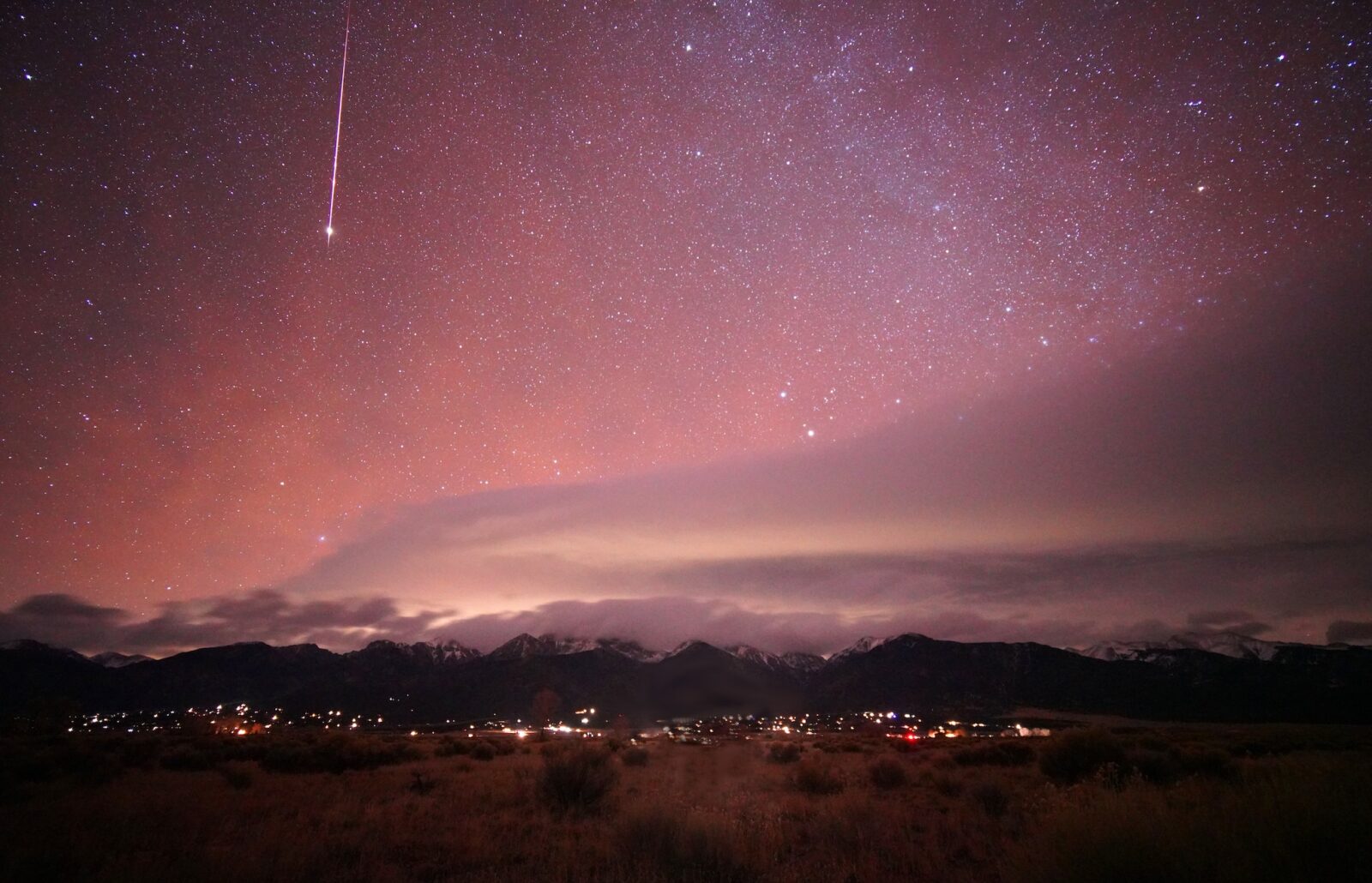
There’s another powerful reason to protect the darkness overhead: saving money and energy.
Much of the light that causes light pollution is wasted, misdirected, excessive, or simply left on when it’s not needed. Researchers Hunter and Crawford estimated in 1991 that making outdoor lighting more night-sky-friendly could save the U.S. $2 billion to $10 billion annually—and that’s before adjusting for inflation. Today, those savings could be significantly higher.
When communities reduce unnecessary lighting, they not only preserve the natural night sky but also improve energy efficiency and save on utility costs. It’s a win-win for sustainability and smart economics.
A Better Night, A Better World
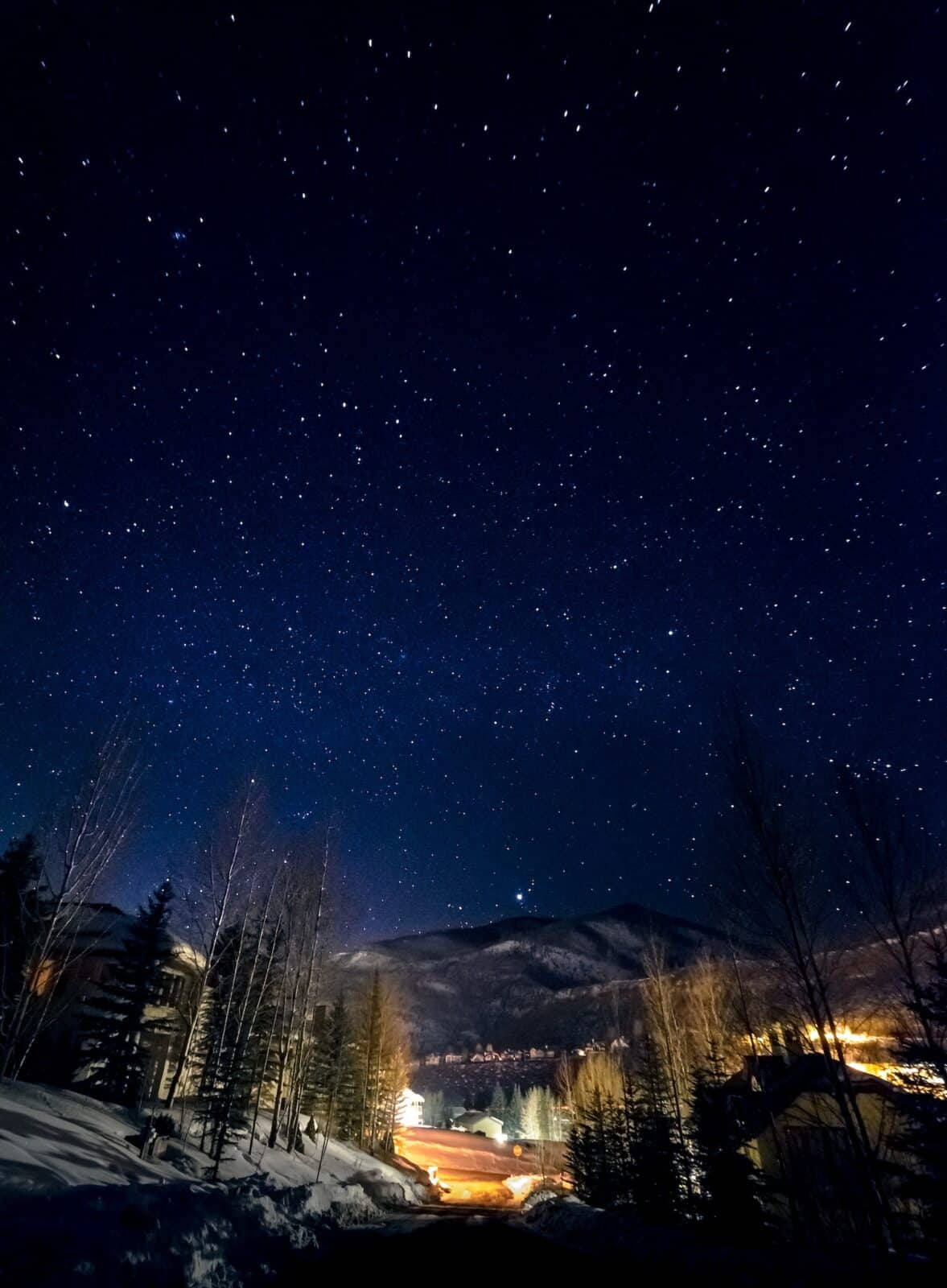
Stargazing reminds us to slow down. To look up. To wonder.
It pulls us out of our routines and into the vastness of space, right from a mountainside, desert plateau, or forest clearing. For many, it’s a kind of spiritual reset.
So, as you plan your next camping trip, think beyond the trail. Think above the treetops. Choose a dark sky destination, pack your Sky View Tent, and give yourself the chance to experience the universe in all its glory.
At Sky View Tents, we’ve always believed in the power of the stars to inspire. That’s why we designed our tents with ultra-clear mesh roofs to give campers the best view of the night sky possible, right from their sleeping bags. And thanks to our patent-pending rainfly system, you can close things up in seconds if the weather turns, without ever stepping outside.
We’re proud to support the DarkSky Colorado and DarkSky International movements by donating a portion of every tent sale to these organizations. Preserving the night sky isn’t just good for tourism—it’s good for the planet, too.
We’ll see you under the stars.

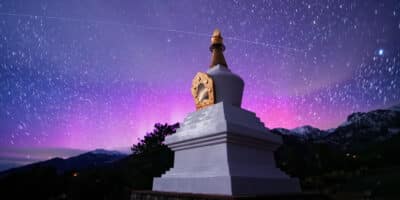
 10 Captivating Colorado 13ers to Hike
10 Captivating Colorado 13ers to Hike